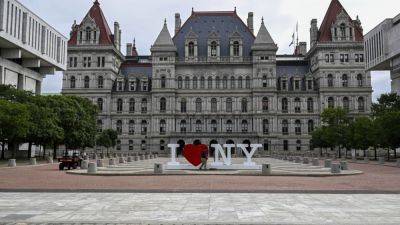Decode Politics: How Punjab came to be among first states to sub-categorise SCs, and has been fighting to retain it
A seven-judge Bench of the Supreme Court Wednesday reserved its judgmenton the permissibility of sub-classification within SC/ST reservations. The Court is examining whether its judgment in E V Chinnaiah vs State of Andhra Pradesh & Others (2004) — where it ruled that Scheduled Castes (SCs) form a homogenous class and that there cannot be any subdivision among them — needs a relook.
The hearing has thrown a spotlight on Punjab, which has also moved the top court to reconsider its 2004 judgment. Punjab, which has the largest proportion of Dalits in its population, was among the first states in the country to make provisions for sub-categorisation within the SC community and also passed a Bill for the same.
A look at the context that led to the SC sub-categorisation in Punjab, and where the state currently stands on the issue:
The first move
In 1975, when the Congress was in power in the state under Giani Zail Singh, the Punjab government issued a circular which reserved 50% jobs within the 25% quota for SCs for members of the Valmiki and Mazhabi Sikh communities. It was reasoned that some SC communities were cornering the benefits of reservation, while backward communities such as the Valmikis and Mazhabi Sikhs had been left behind.
A Bill is brought in
This circular continued to function until 2006. In July that year, the Punjab and Haryana High Court struck it down in a judgment titled Dr Kishan Pal v. State of Punjab. The circular was challenged in the backdrop of the E.V. Chinnaiah v State of Andhra Pradesh case (2004), where a five-judge Supreme Court Bench struck down the Andhra Pradesh Scheduled Castes (Rationalisation of Reservations) Act, 2000, for violating the right to equality. The Andhra law contained an







